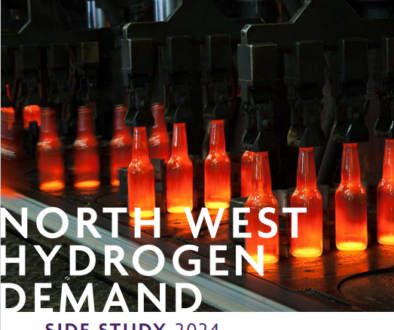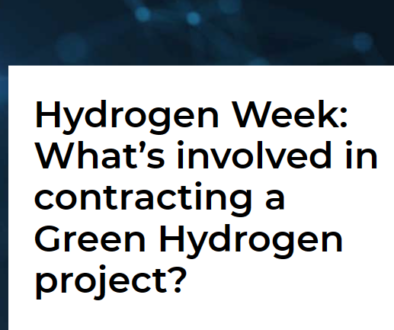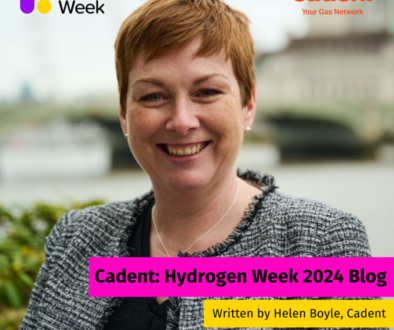Hydrogen Fuel Switching Projects
Hydrogen Fuel Switching Projects
Hydrogen burns without producing any carbon and, providing it can be produced in a sustainable manner, hydrogen fuel provides a viable alternative to natural gas. The use of hydrogen as a substitute fuel to natural gas is therefore seen as an important part of the UK’s move to decarbonising industry; especially the high energy use sectors, like the chemical processing and thermal industries that Otto Simon serves.
Otto Simon has been working on many projects in the emerging hydrogen field in recent years, in particular, we’ve been supporting clients with trialling the switch to using hydrogen fuel.
If you’ve been following hydrogen developments within the UK, you’ll no doubt have heard about the HyDeploy project at Keele University; where hydrogen was produced by electrolysis and then blended into the gas distribution network as a trial that ran for many months. The compound was designed by Otto Simon and we worked with the HyDeploy consortium in the construction, commissioning, and operations of the facility. This was a pioneering project completed in 2019, that proved that a blend of up to 20% hydrogen could be safely implemented within domestic and industrial setting.
More recently, Otto Simon has been working across several industrial sites that are investigating switching, either in part or full, to hydrogen from natural gas. A demonstration facility was designed and installed at the NSG Pilkington’s Glass Furnace at St. Helens and glass was produced with hydrogen as a fuel in sections of their process. The trials in August 2021 successfully demonstrated that hydrogen was as capable as natural gas in achieving excellent melting performance and product quality in the furnace, with vastly reduced carbon emissions.
Several other hydrogen fuel switching studies are in progress or have been completed and are now waiting for funding approval from BEIS which is hoped will follow soon.
Designing for Hydrogen Use
In all these projects Otto Simon provides multi-discipline design, ensuring that these designs are safe and operable. We discuss the designs with plant operators and specialist equipment suppliers at all stages and frequently lead the complex task of design integration into existing, often older, systems. Otto Simon now has a team of engineers who are familiar with the particular issues that using hydrogen as a fuel in industrial settings raises.
Hydrogen is the smallest element, which means it will escape much more readily than natural gas. When designing the modifications to replace natural gas with hydrogen fuel, Otto Simon has to ensure the design is safe for hydrogen. Not only is hydrogen a highly flammable gas, but it’s also colourless and odourless which means it can accumulate undetected in certain conditions if stringent process safety measures are not put in place. The characteristics make for a challenging design and operational environment, and thanks to Otto Simon’s specialist process safety engineers and skilled designers, we ensure the design modifications minimise any chance of escape and also avoid any chances of hydrogen accumulation.
Future Challenges
Traditionally, hydrogen has been used locally to where it has been produced. The challenge of expanding the use of hydrogen will require production sites to be built in new locations and distribution systems to be installed with a far greater geographical reach than the local systems used to date. Otto Simon is working on projects encompassing all of these issues and we see it as a major business area for us in the coming decades as the UK and the World seeks to decarbonise energy.
Who are Otto Simon?
Otto Simon is an engineering consultancy and project delivery organisation based in Manchester. With 140-year heritage in gas processing, thermal processes, and technology selection, Otto Simon is now at the forefront of technical innovation currently employed in the developing hydrogen market. A member of the North West Hydrogen Alliance, Otto Simon is working on pioneering UK hydrogen projects, providing practical hands-on engineering expertise to the feasibility studies, due diligence, commercialisation and re-purposing of conventional gas equipment to utilise blended hydrogen or pure hydrogen as a fuel source.


